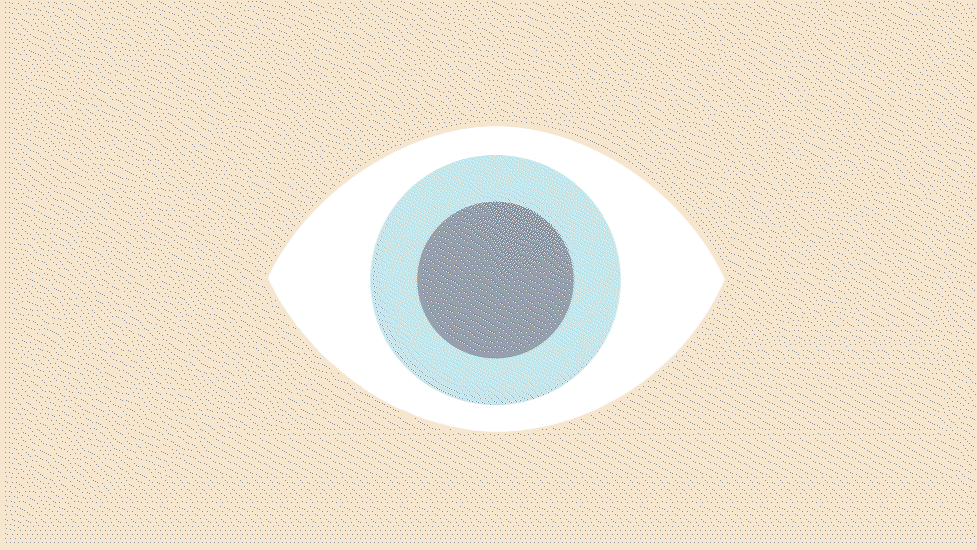Comprehensive Ophthalmology
-
Annual eye exams are important for maintaining good ocular health, early detection of eye disorders, and improving the quality of your vision.
-
Diabetic retinopathy screening
Glaucoma screening
Narrow-angle glaucoma screening and treatment
Macular degeneration screening
Uveitis management
YAG capsulotomy
Laser peripheral iridotomy
Selective laser trabeculopasty
Cataract Surgery
-
A cataract is when your eye’s natural lens becomes cloudy, causing glare at night, blurry vision, seeing double, and a decrease in contrast sensitivity. When cataracts prevent you from doing things you want or need to do, they may be removed with surgery.
Cataract surgery is an outpatient procedure that is performed by Dr. Ma at Envision Eye Group and takes 15-20 minutes.
-
Femtosecond laser-assisted cataract surgery
Premium lenses (multifocal, extended-depth-of-focus, and toric intraocular lenses)
Complex cataract surgery
Secondary intraocular lens implantation
Cornea
-
The cornea is the outermost layer of the eye and helps to focus light on the retina, allowing us to see. When the cornea is diseased or damaged, there can be a significant loss of vision. Medical management can include eye drops and in-office procedures. Surgical management includes a full- or partial-thickness corneal transplantation, which replaces diseased cornea with a donated, clear cornea from an eye bank. Description text goes here
-
Superficial keratectomy
Penetrating keratoplasty (PK)
Deep anterior lamellar keratoplasty (DALK)
Descemet stripping automated endothelial keratoplasty (DSAEK)
Descemet membrane endothelial keratoplasty (DMEK)
Services
Ocular Surface
-
The surface of the eye consists of the conjunctiva (clear tissue covering the white of the eye) and the cornea (clear tissue covering the colored iris and black pupil). When these layers are damaged due to underlying disorders of the eye, eyelid, or the rest of the body, pain, redness, poor vision can ensue. Ultimately, this can lead to permanent corneal or conjunctival injury.
-
Dry eye
Blepharitis
Keratoconus
Pellucid marginal degeneration
Recurrent corneal erosion
Corneal dystrophy
Corneal ulcers
Meibomian gland dysfunction
Pterygium
Ocular surface neoplasm
Refractive Surgery
-
Refractive laser surgery improves vision by using a laser to reshape the cornea to help reduce myopia, hyperopia, and astigmatism. Refractive surgery may be a good option for you if you want to decrease your dependence on glasses or contact lenses, are free of eye disease, and have the appropriate prescription.
Phakic intraocular lenses are lenses made of plastic or silicone that are implanted into the eye to reduce a person’s need for vision correction (i.e. glasses or contact lenses). The natural lens of the eye is NOT removed.
-
Laser-assisted in situ keratomileusis (LASIK)
Photorefractive keratectomy (PRK)
Phakic intraocular lens
Accepted Insurances
Aetna
Blue Cross Blue Shield
Centerlight
Cigna
Medicare
Empire BCBS
Fidelis
Humana Healthfirst
Wellcare United Healthcare
Medicaid






